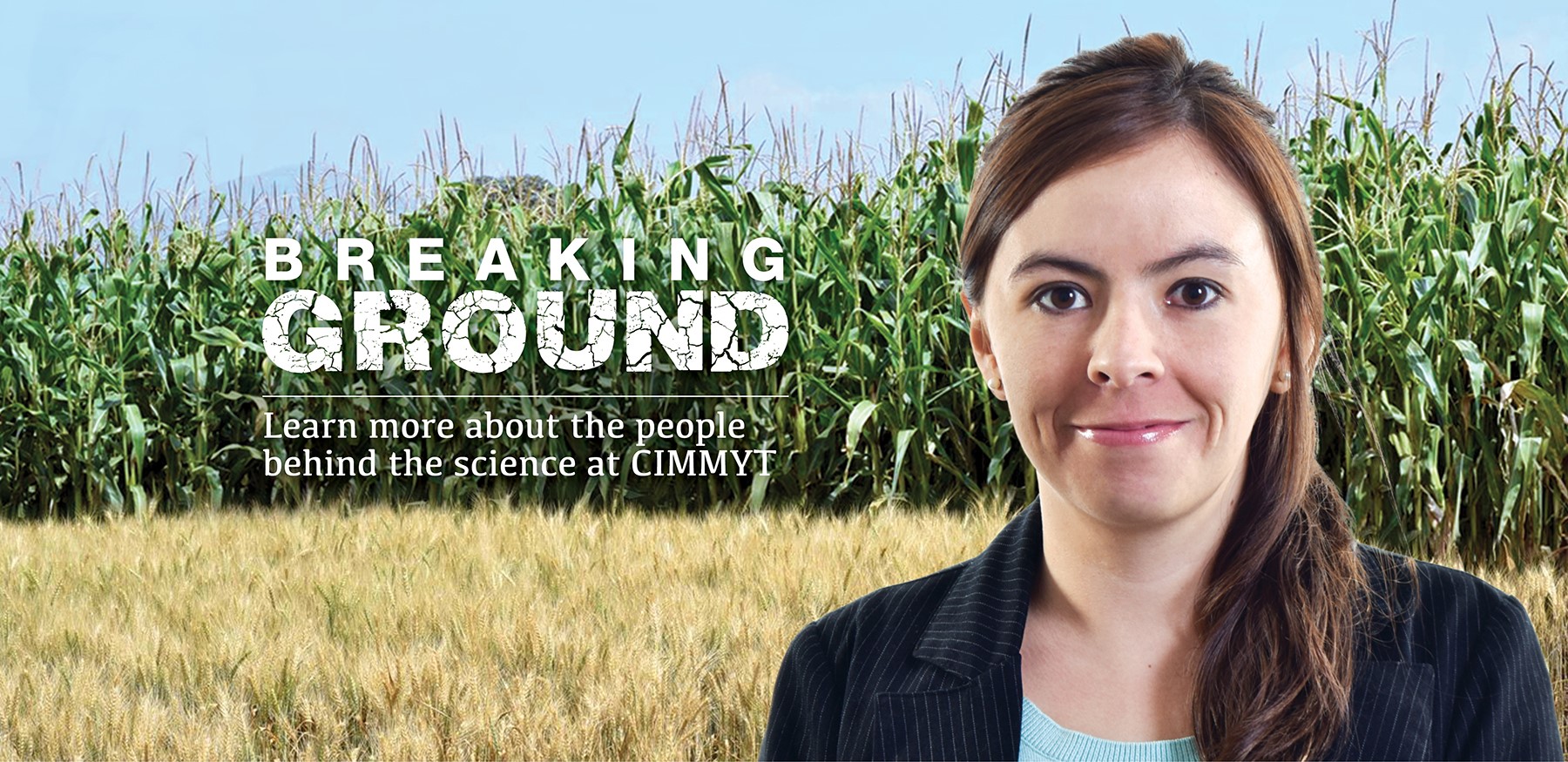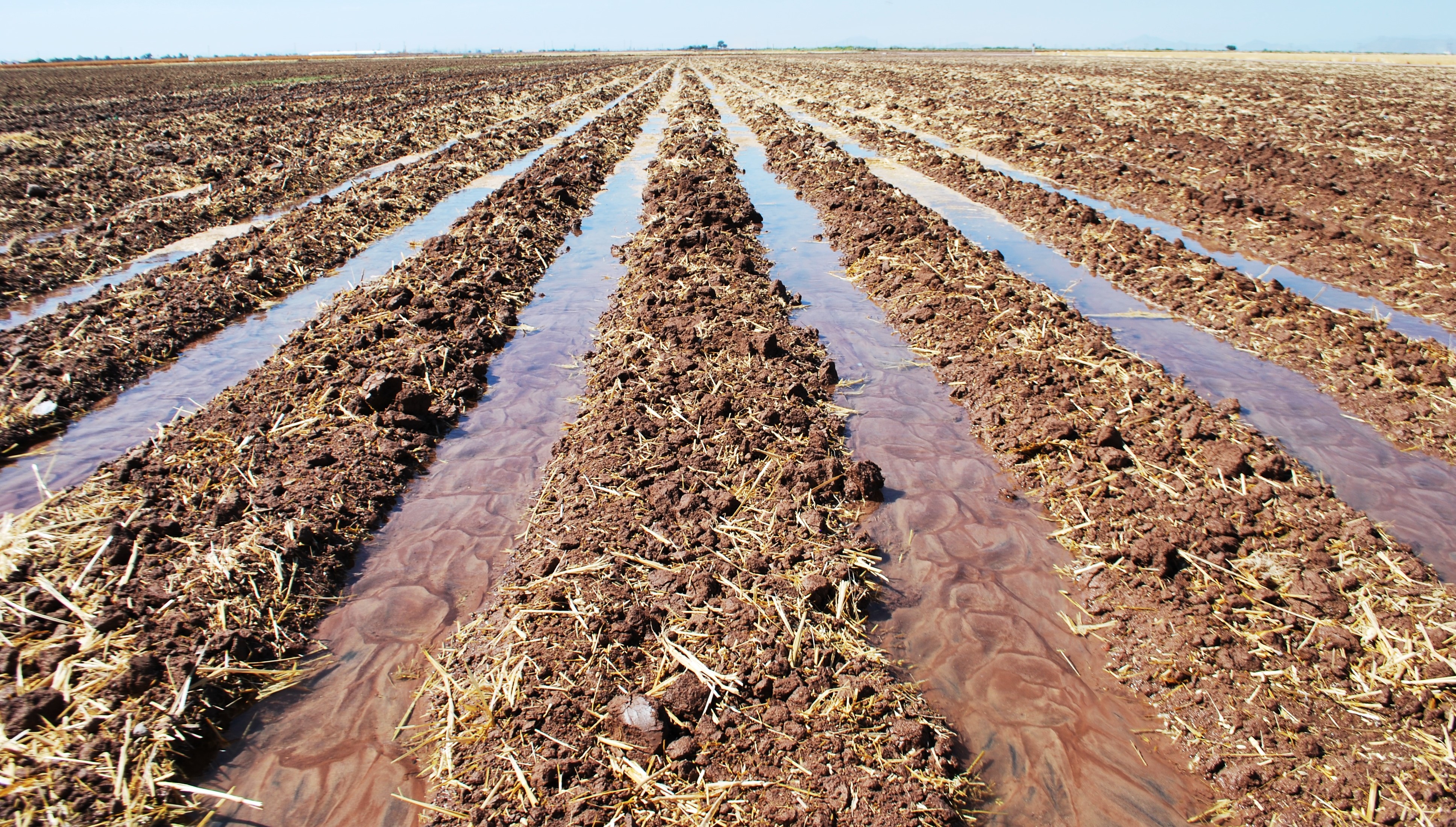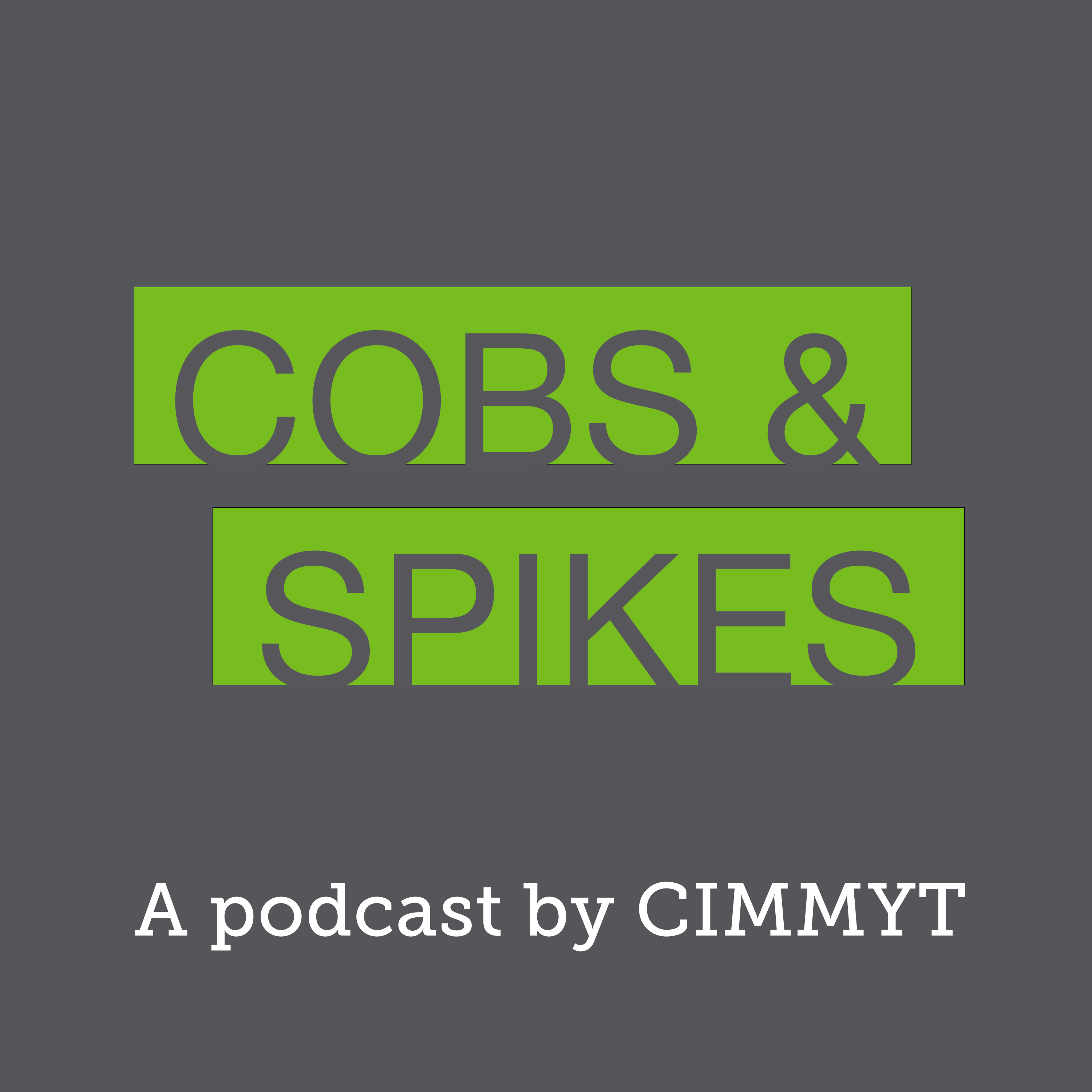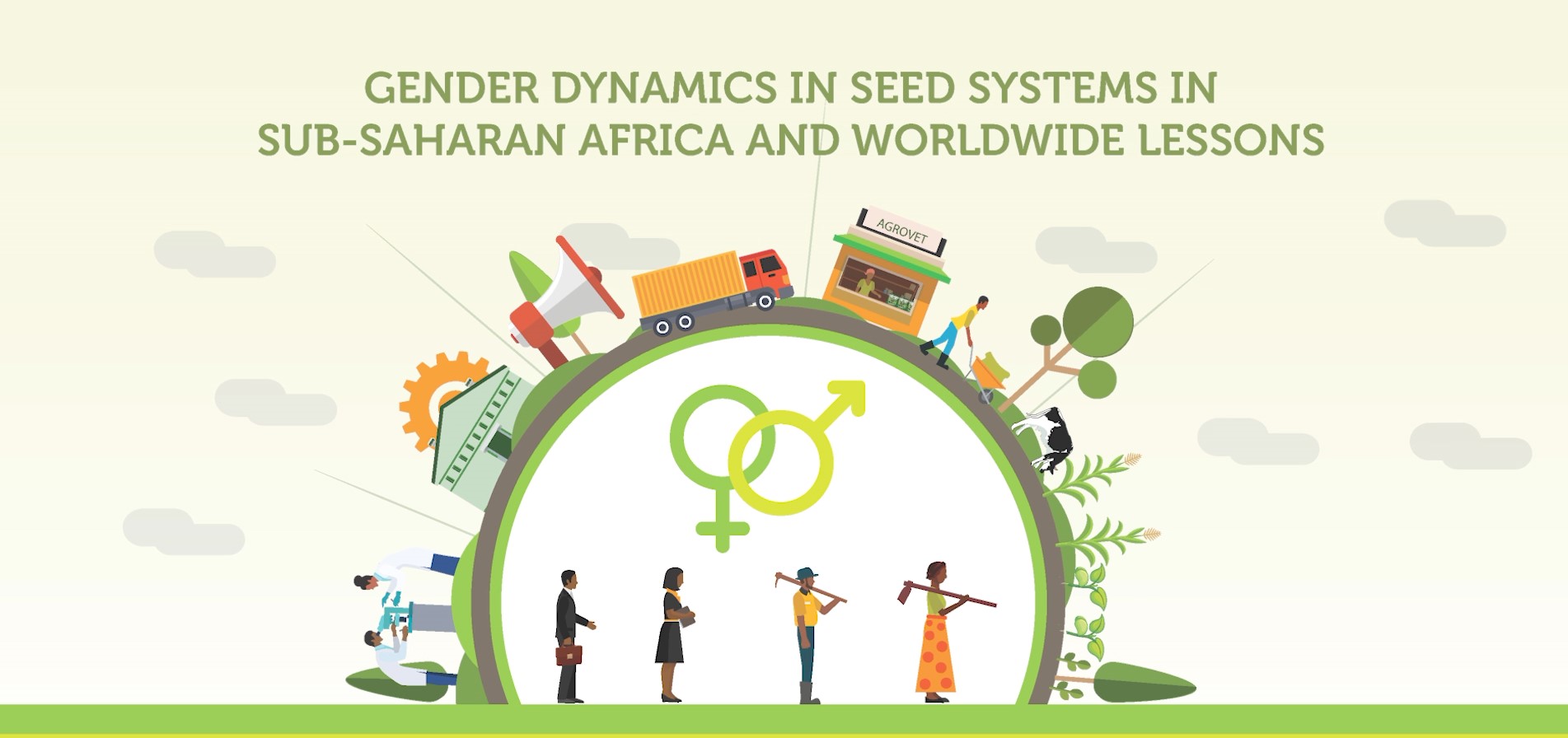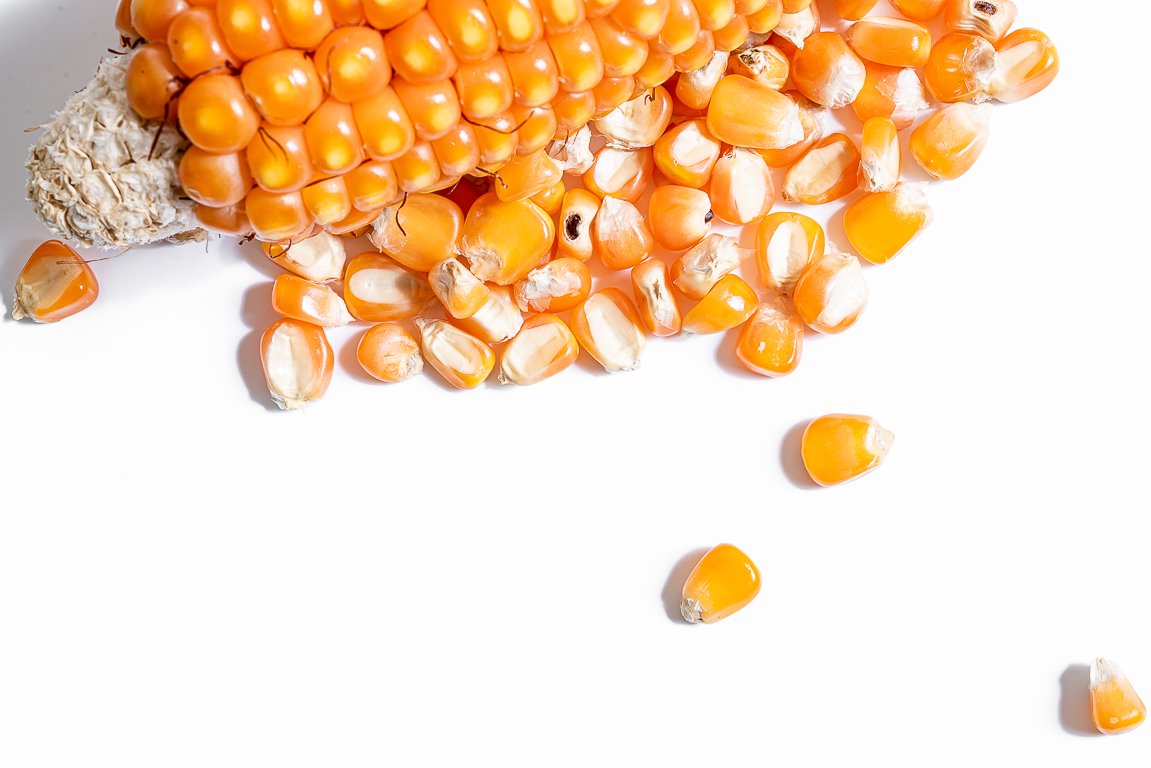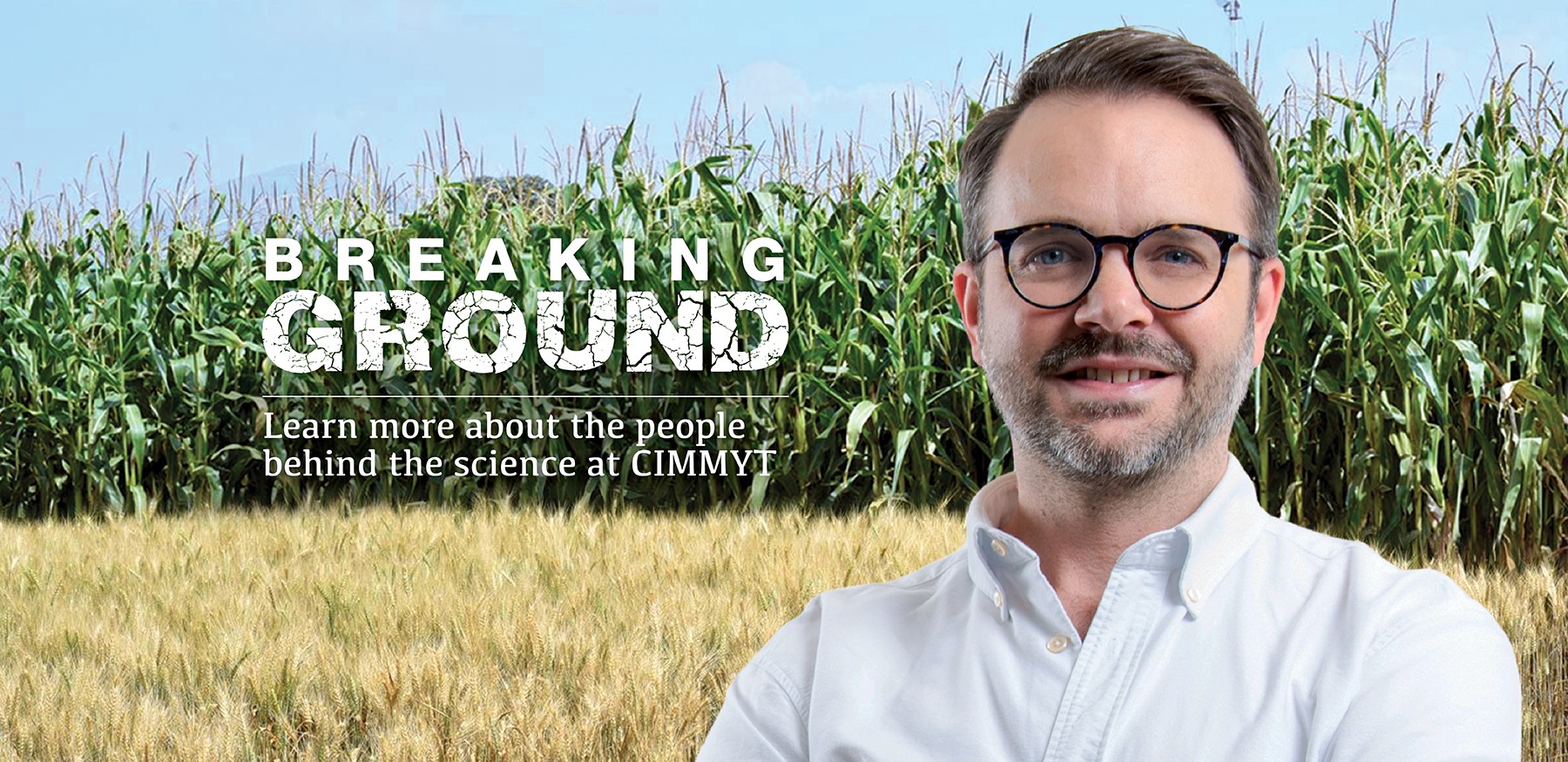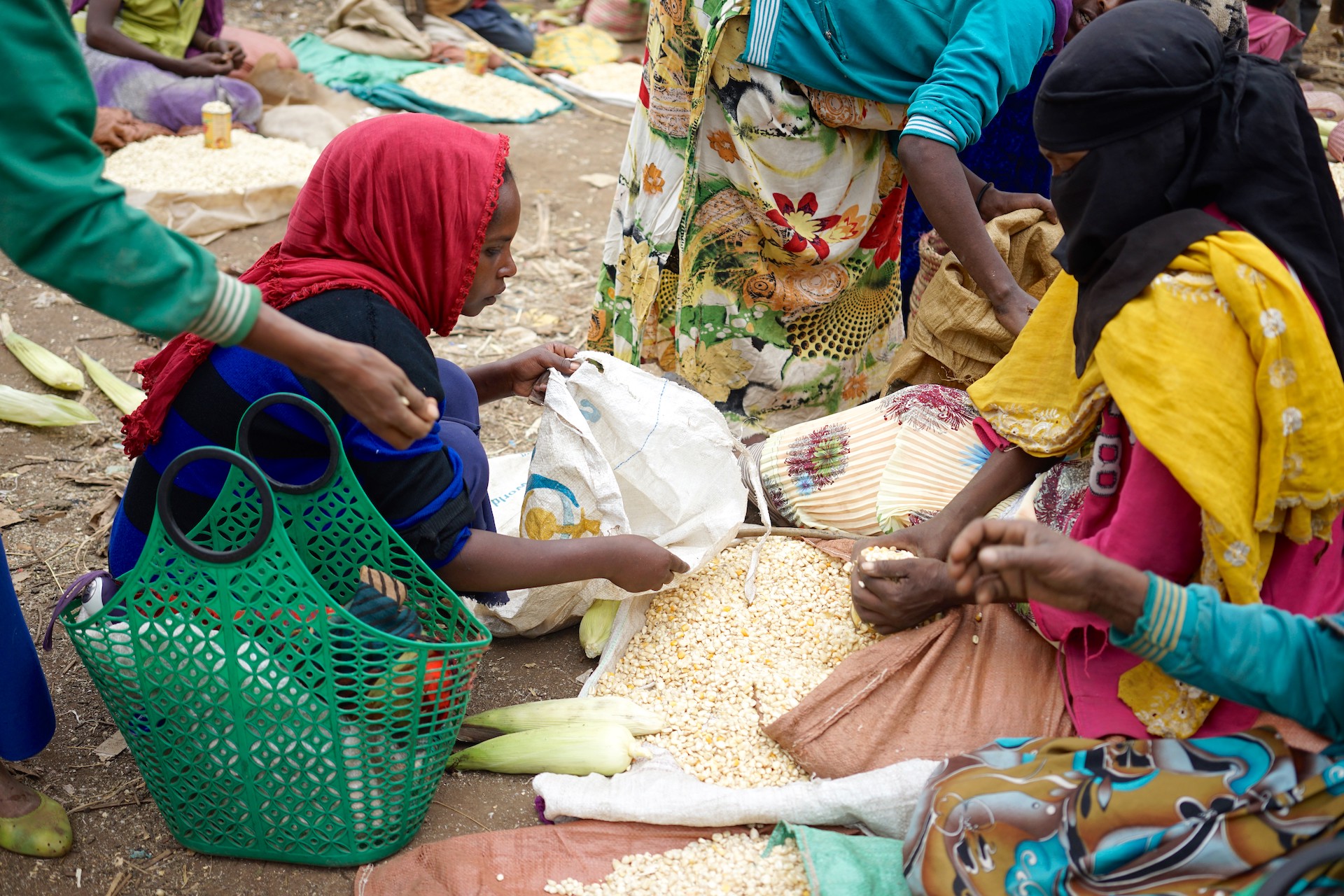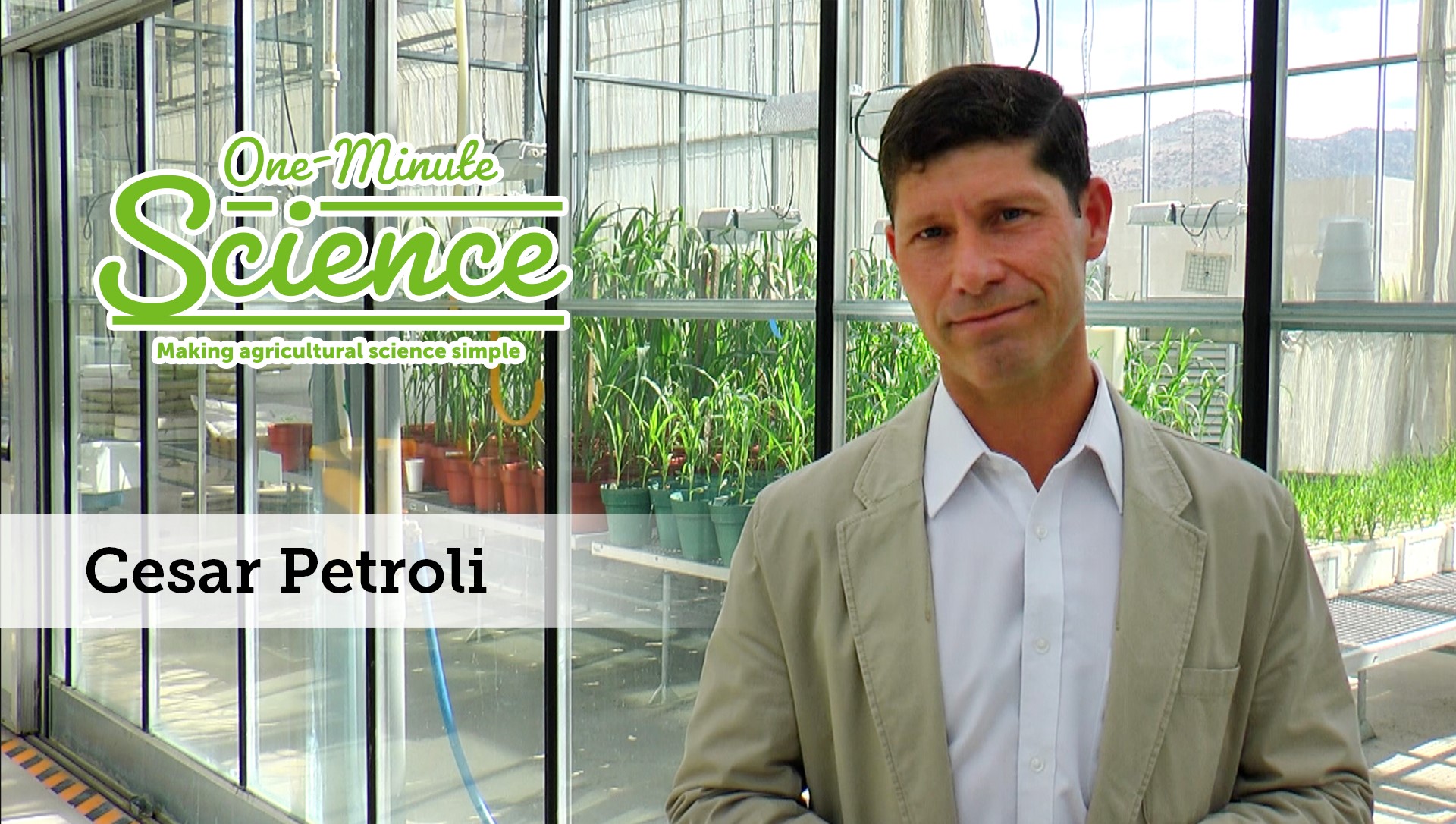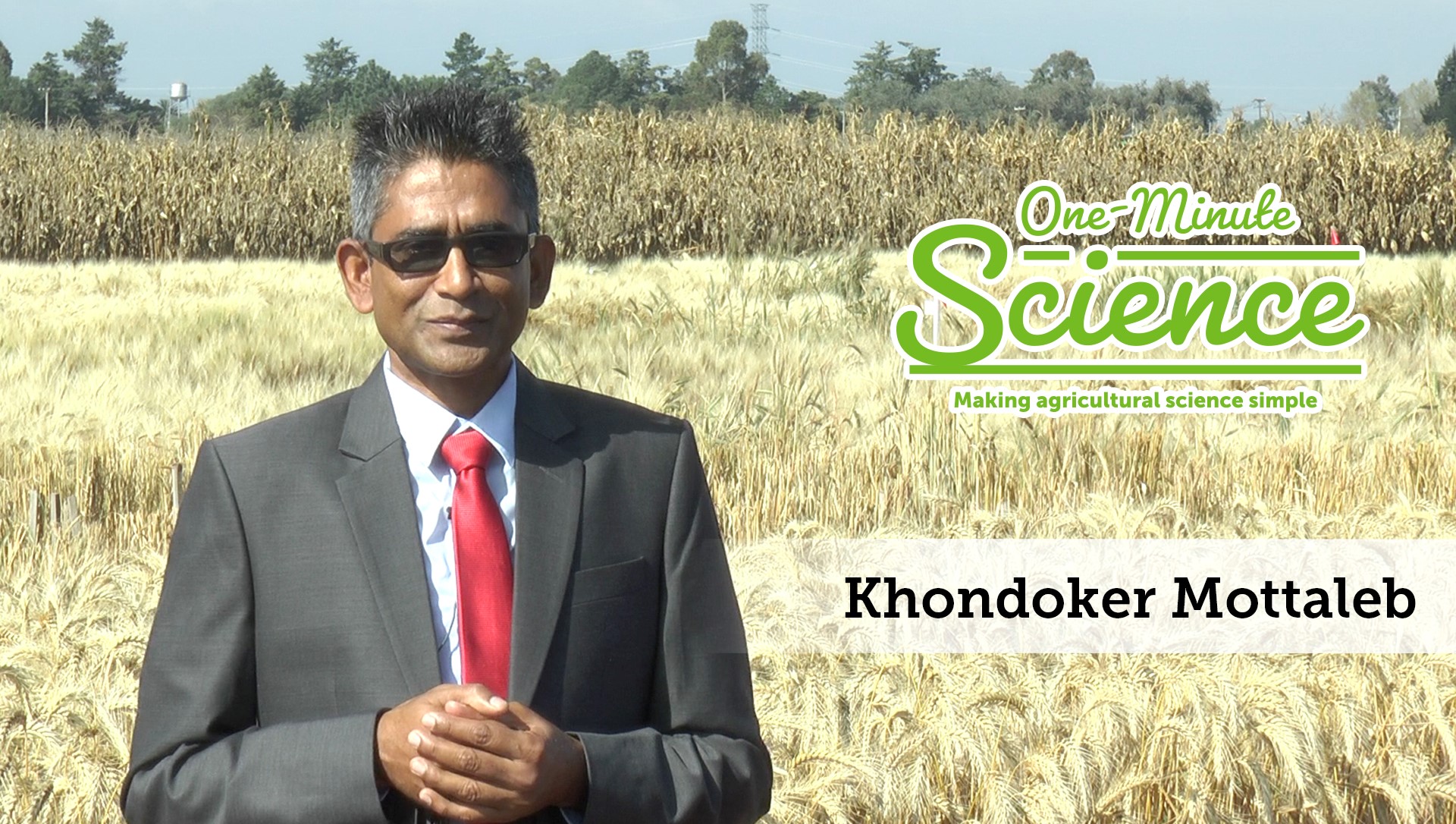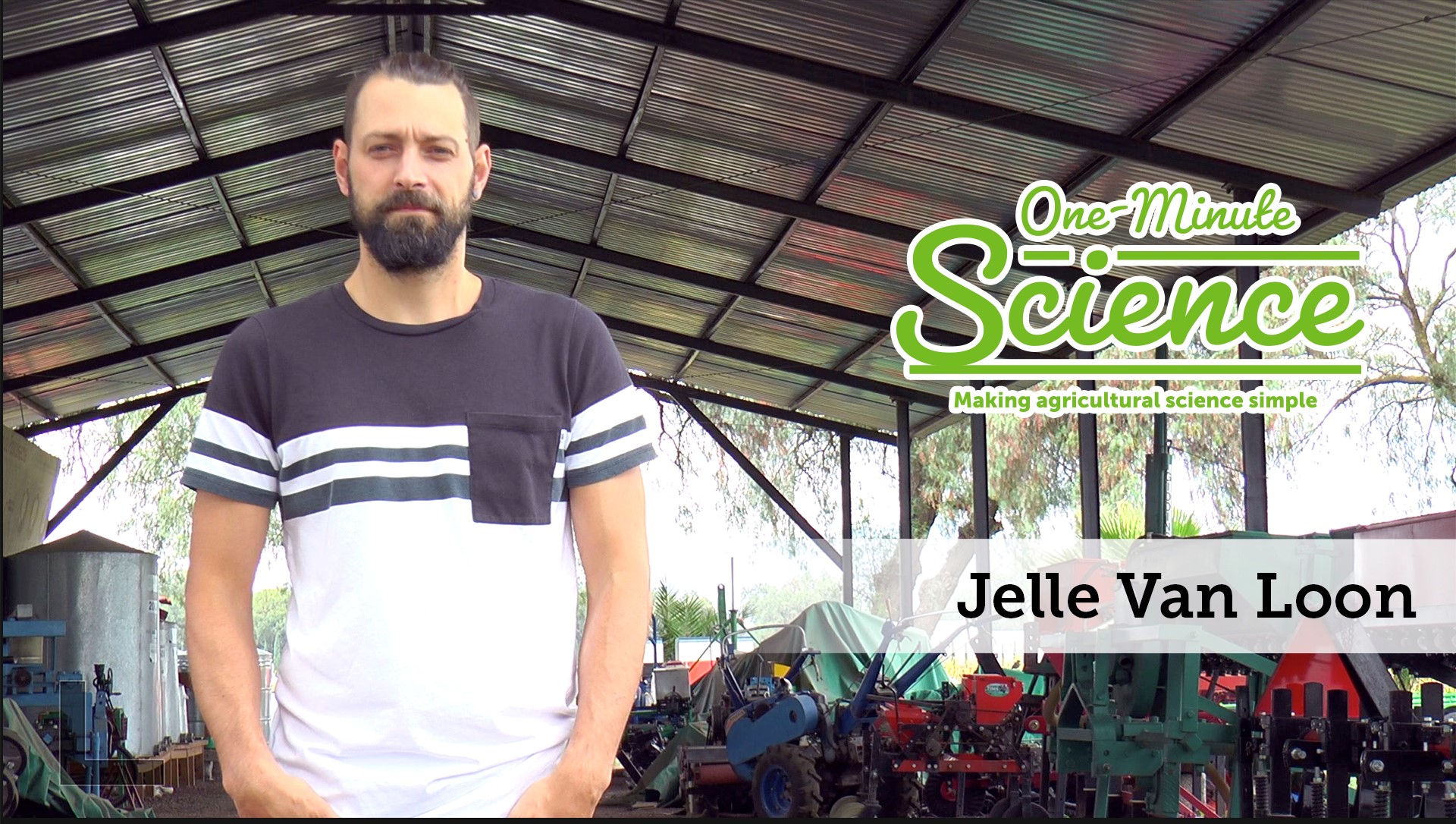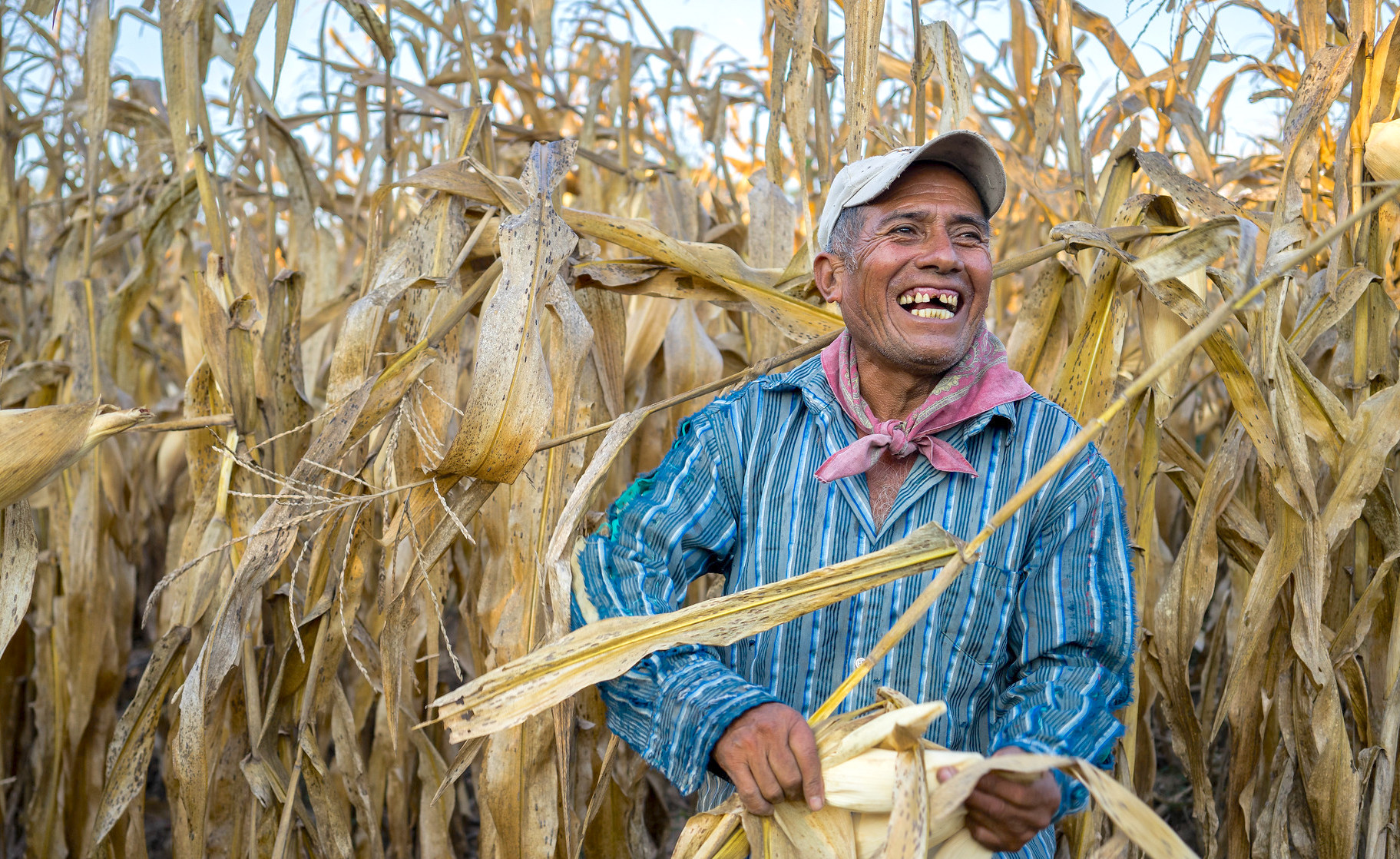Breaking Ground: Andrea Gardeazábal transforms data into meaningful information
 Innovations
Innovations
Monitor, Evaluation and Learning Manager uses technological tools to streamline data gathering and analysis for improved project design.
What is sustainable intensification?
 Climate adaptation and mitigation
Climate adaptation and mitigation
Farming method can boost yields, increase farmers’ profits and reduce greenhouse gas emissions.
Cobs & Spikes podcast: What is conservation agriculture?
 Climate adaptation and mitigation
Climate adaptation and mitigation
Sustainable farming method can increase resilience to climate change, protect biodiversity and sustainably use natural resources.
How do I become a zero-till farmer?
 Capacity development
Capacity development
New online training takes farmers and service providers though a visual journey on the use of conservation agriculture-based sustainable intensification methods.
Lessons for gender in seed systems
 Gender equality, youth and social inclusion
Gender equality, youth and social inclusion
Workshop participants exchange ideas on expanding opportunities for women in the seed sector.
The missing link between maize seeds and trust
 Innovations
Innovations
Scientists assess the use of blockchain to track the impact of biofortified seeds.
Breaking Ground: Lennart Woltering is a catalyst for achieving sustainable impact at scale
 Gender equality, youth and social inclusion
Gender equality, youth and social inclusion
CIMMYT Scaling Advisor emphasizes importance of context and systemic thinking in how we do our research and implement projects.
Don’t forget about the impact of COVID-19 on the rural poor and on food security
 Gender equality, youth and social inclusion
Gender equality, youth and social inclusion
The Scaling Up community of practice discusses challenges and opportunities for an improved “new normal” for agriculture, research and development.
One-minute science: Cesar Petroli and genomic profiles
 Capacity development
Capacity development
Developing genomic profiles of DNA samples can accelerate the breeding process.
One-minute science: Khondoker Mottaleb on how to meet food demand by 2030
 Nutrition, health and food security
Nutrition, health and food security
Studying changing food consumption patterns in the context of urbanization and economic and population growth helps plan for the future.
One-minute science: Jelle Van Loon explains mechanization for agriculture
 Innovations
Innovations
Mechanization is about finding solutions for farmers in rural communities.
What is conservation agriculture?
 Climate adaptation and mitigation
Climate adaptation and mitigation
Farmers are increasingly adopting conservation agriculture practices. This sustainable farming method is based on three principles: crop diversification, minimal soil movement and permanent soil cover.
